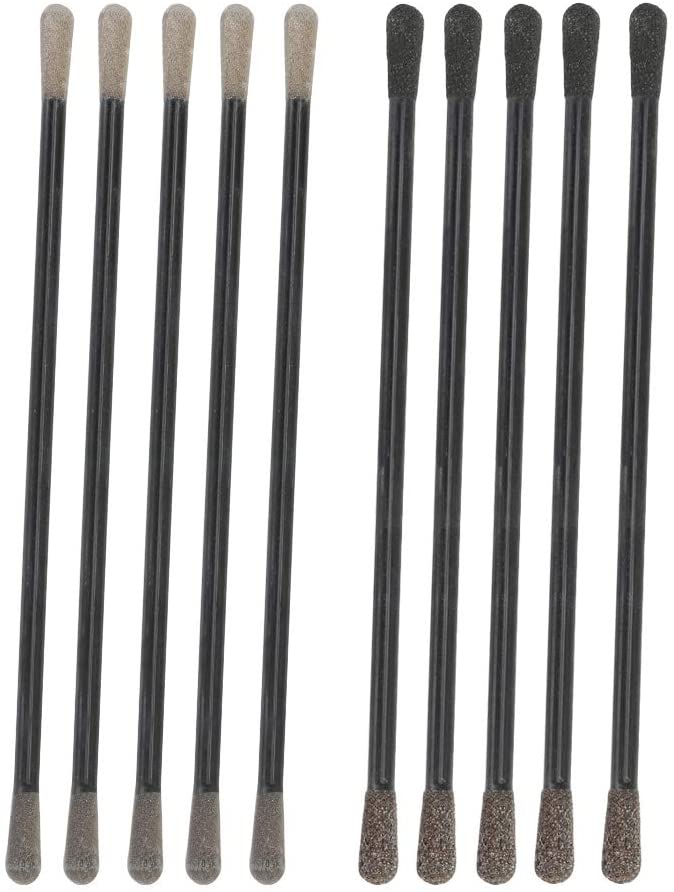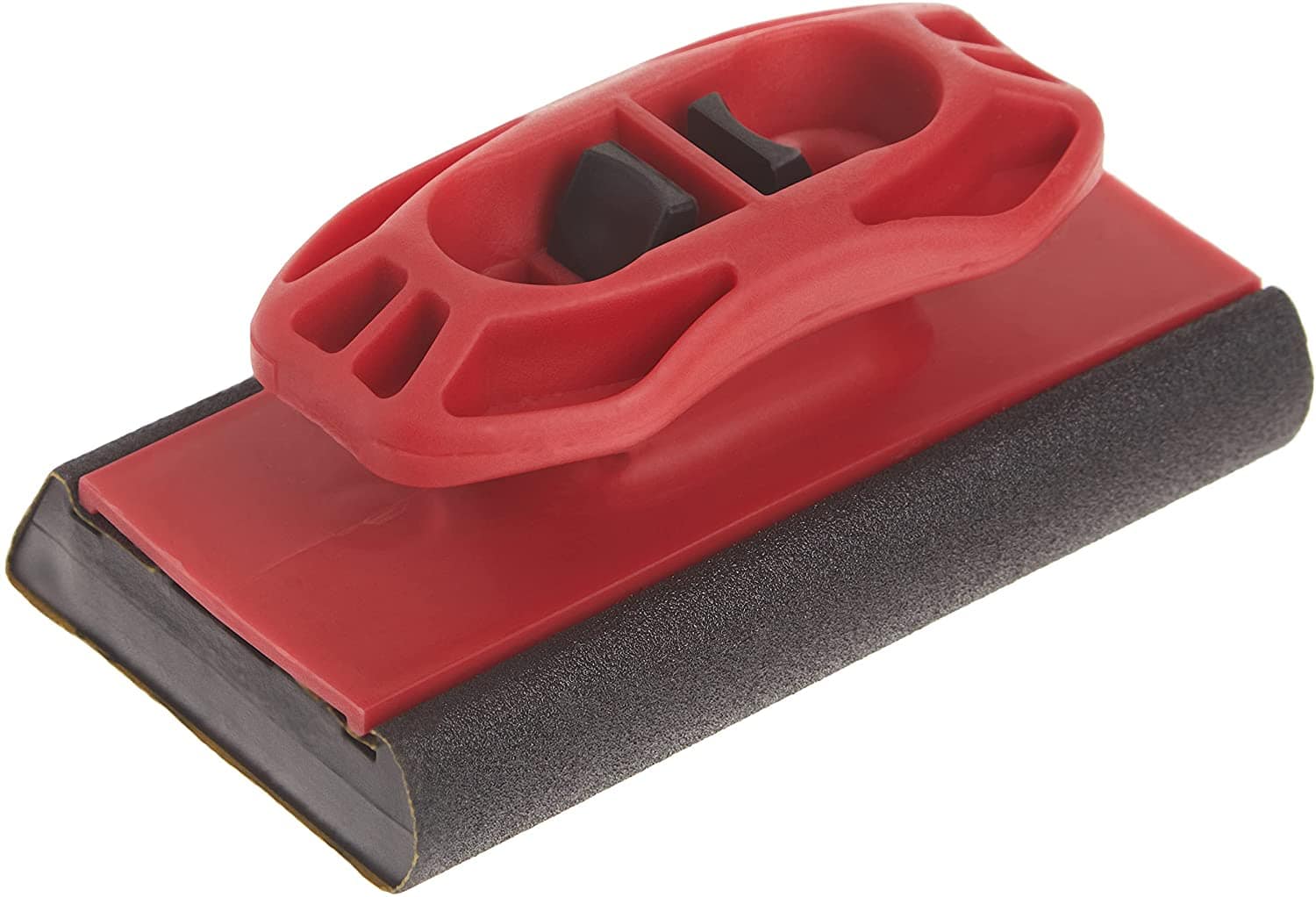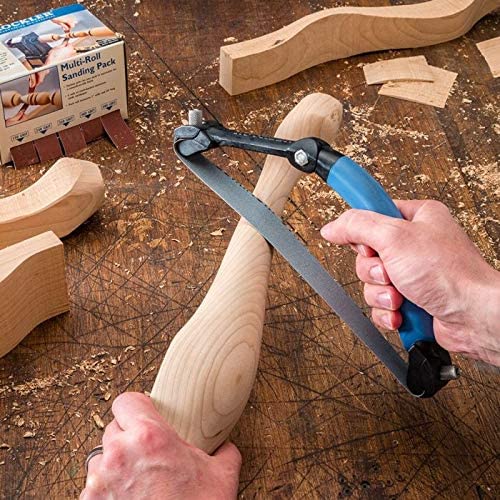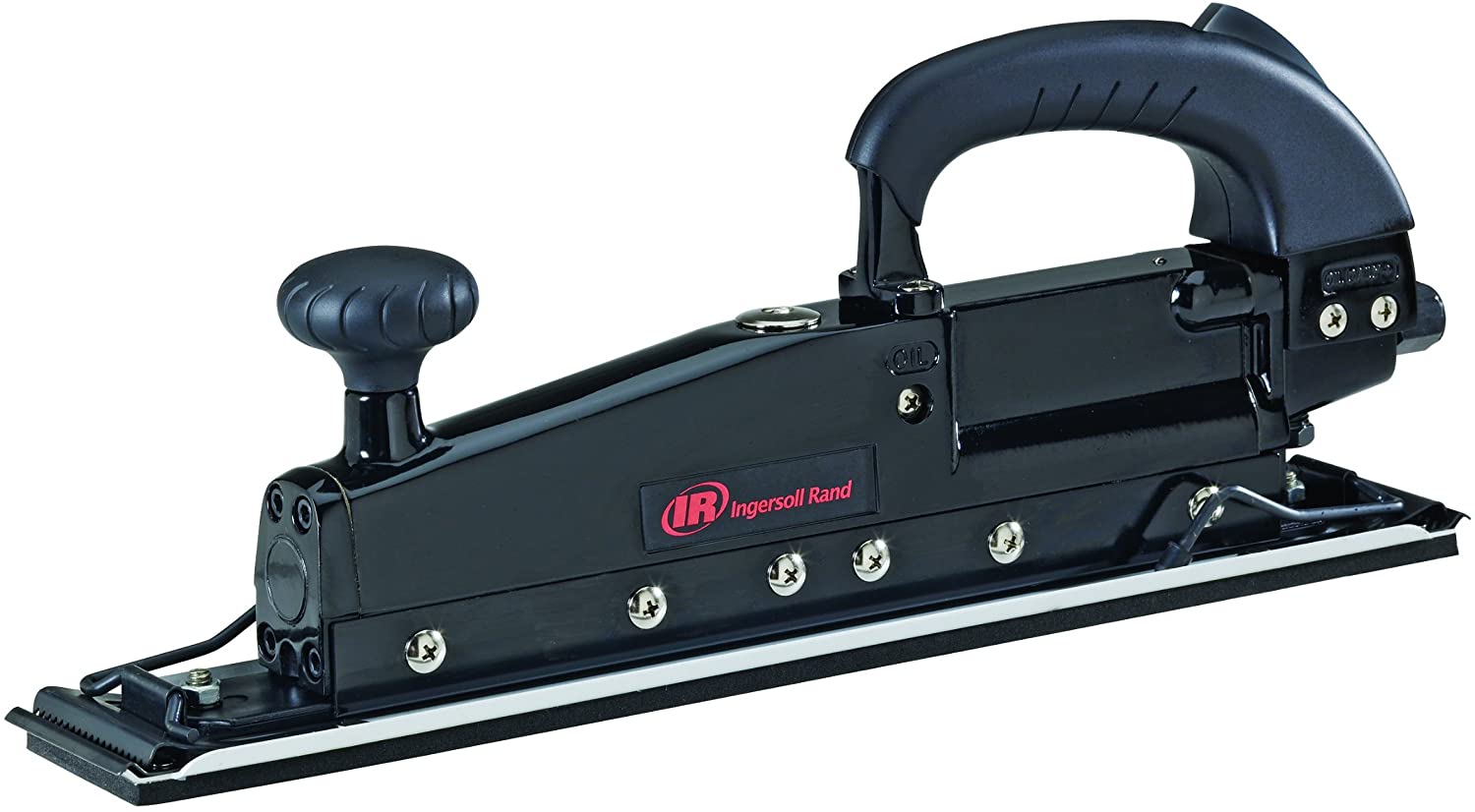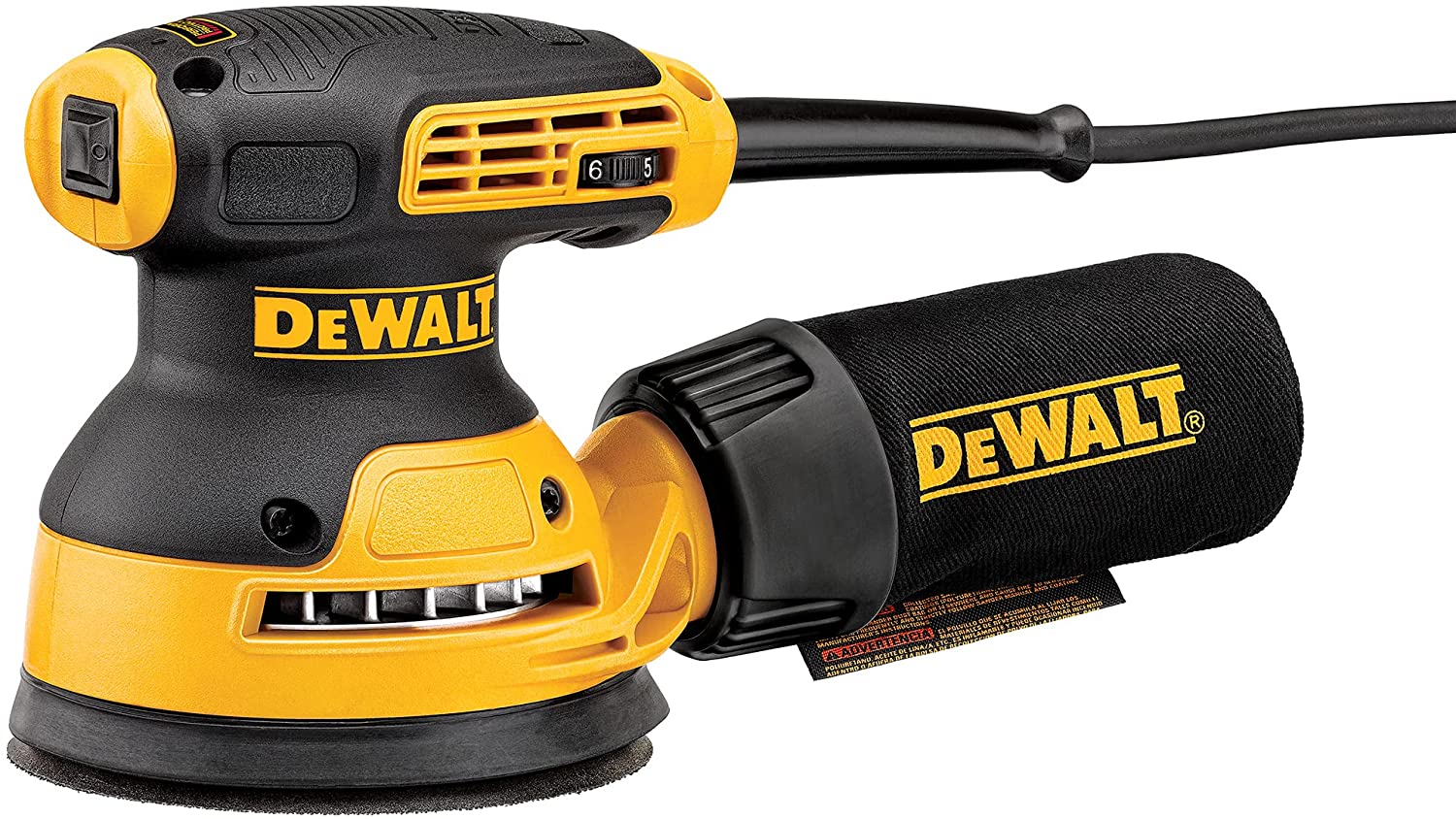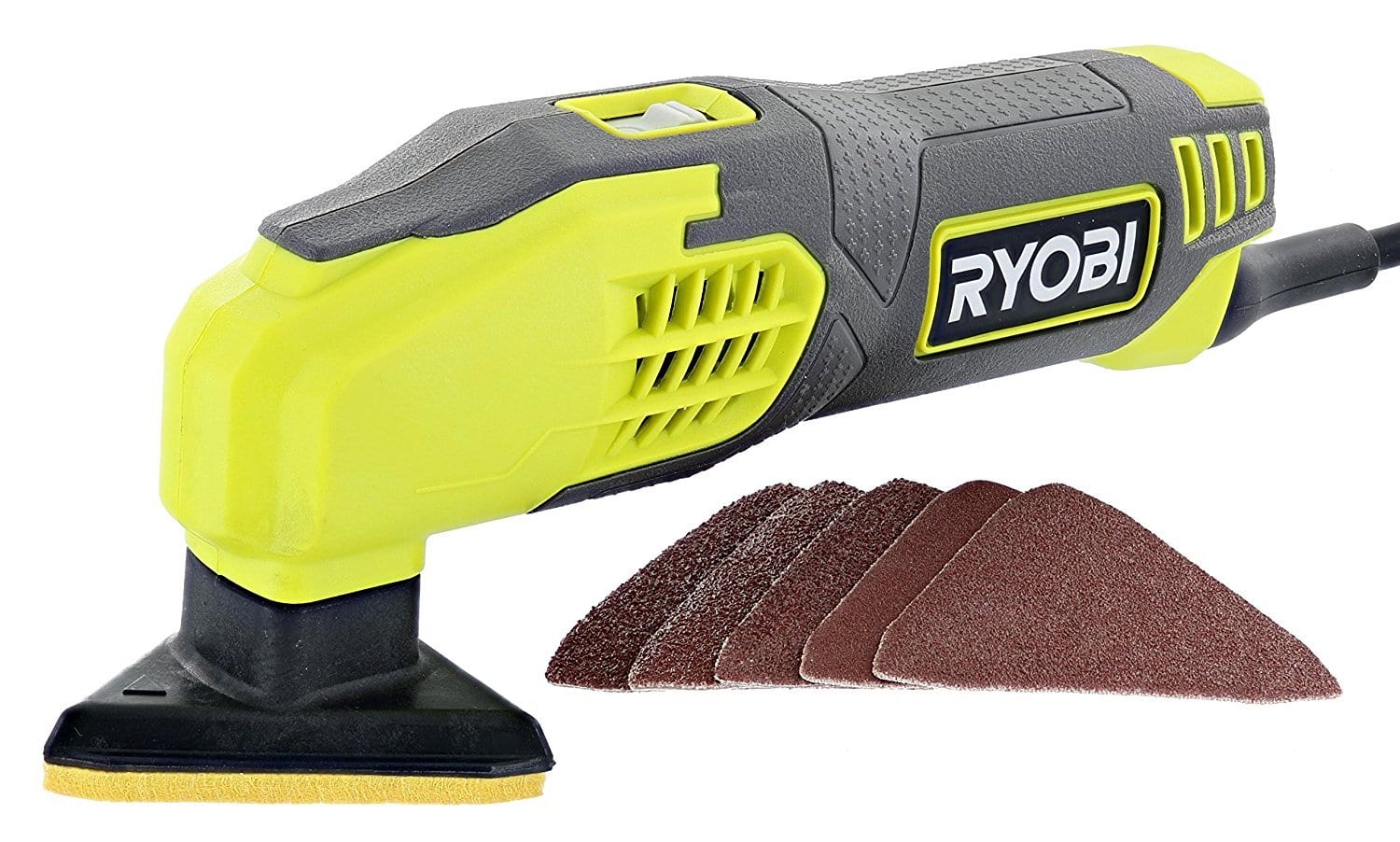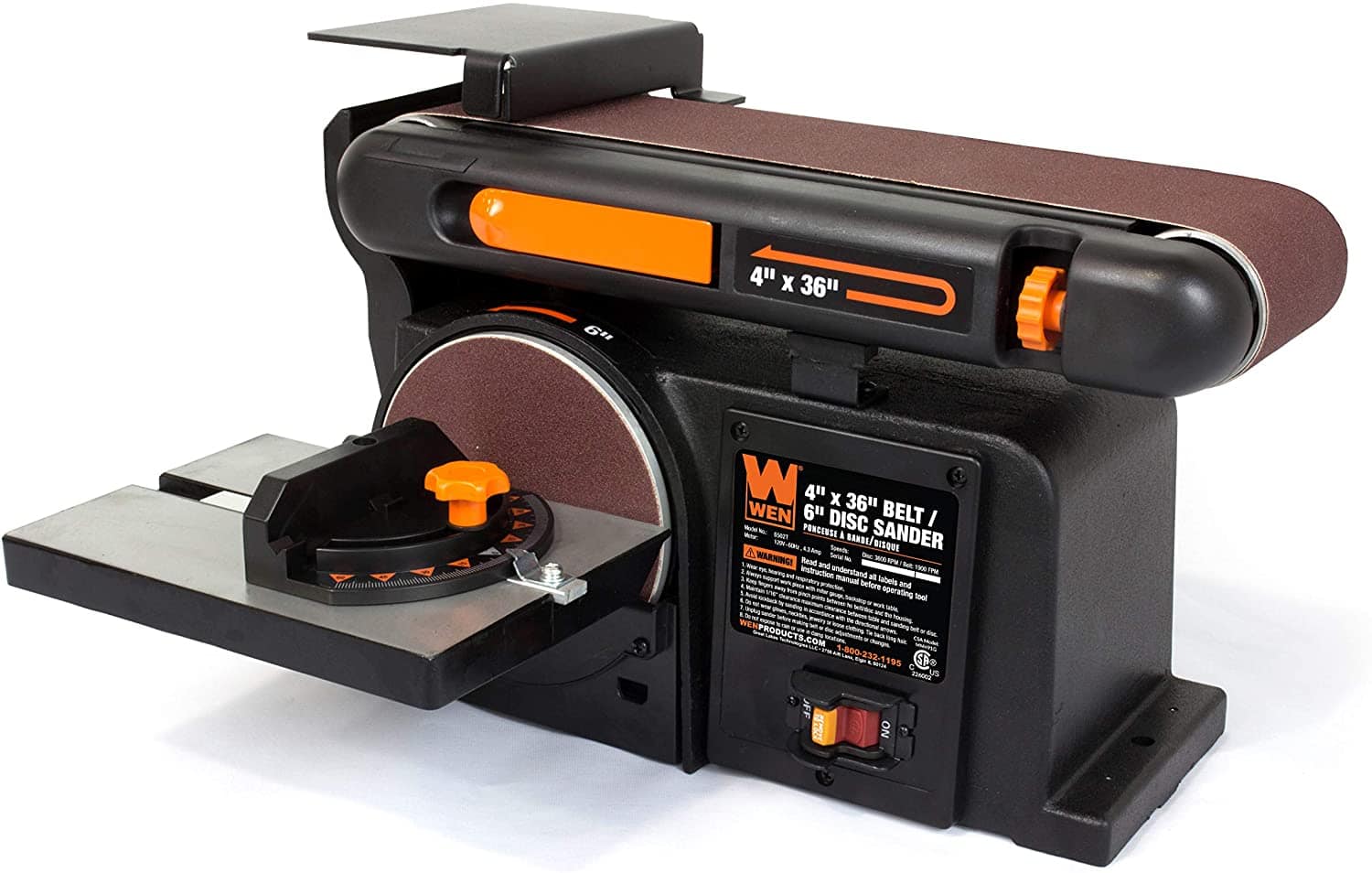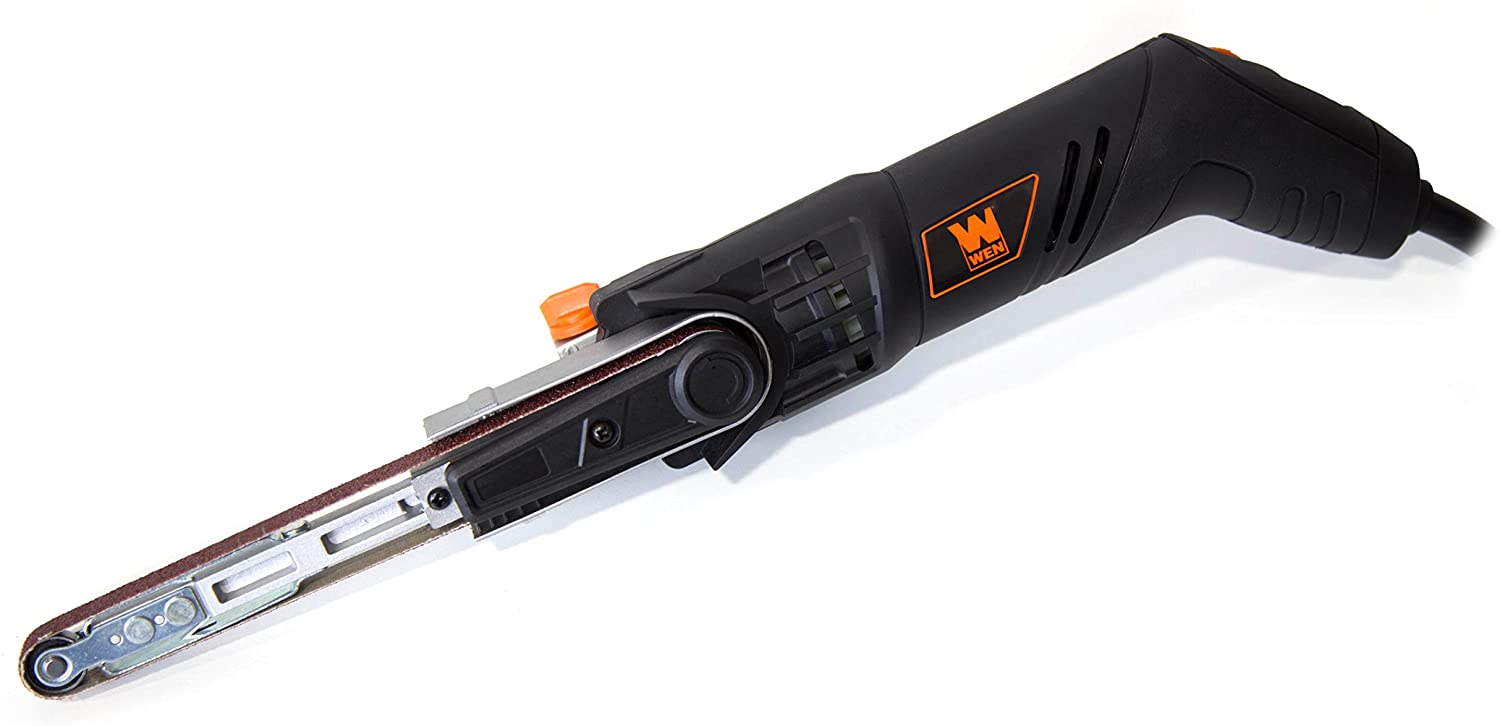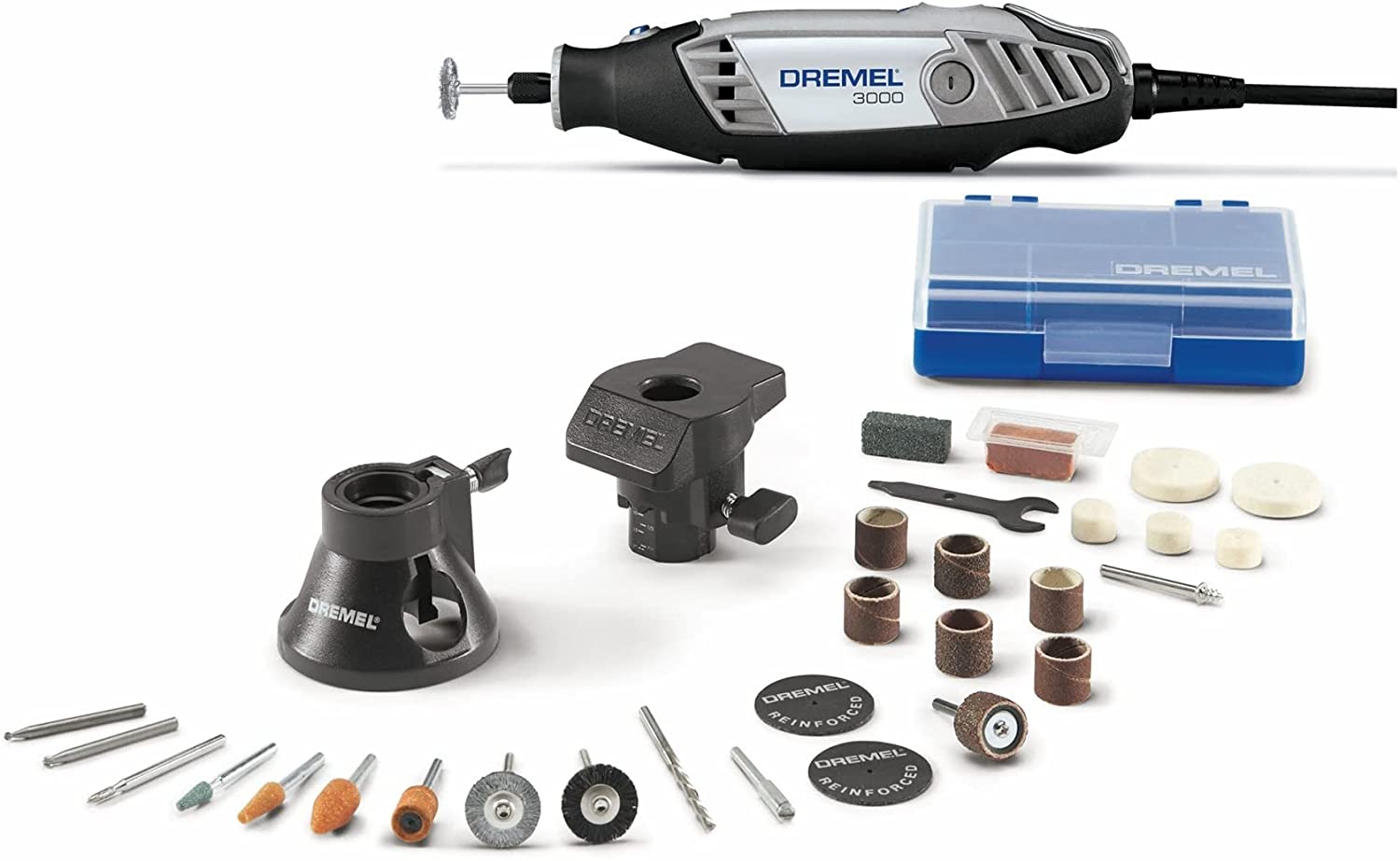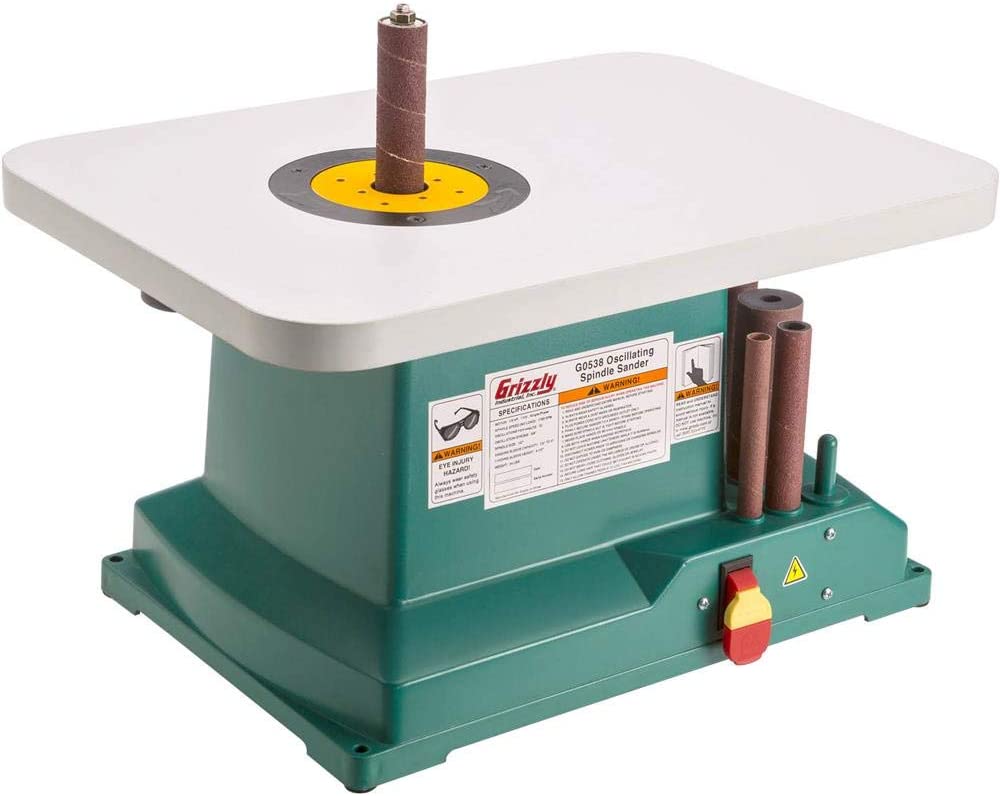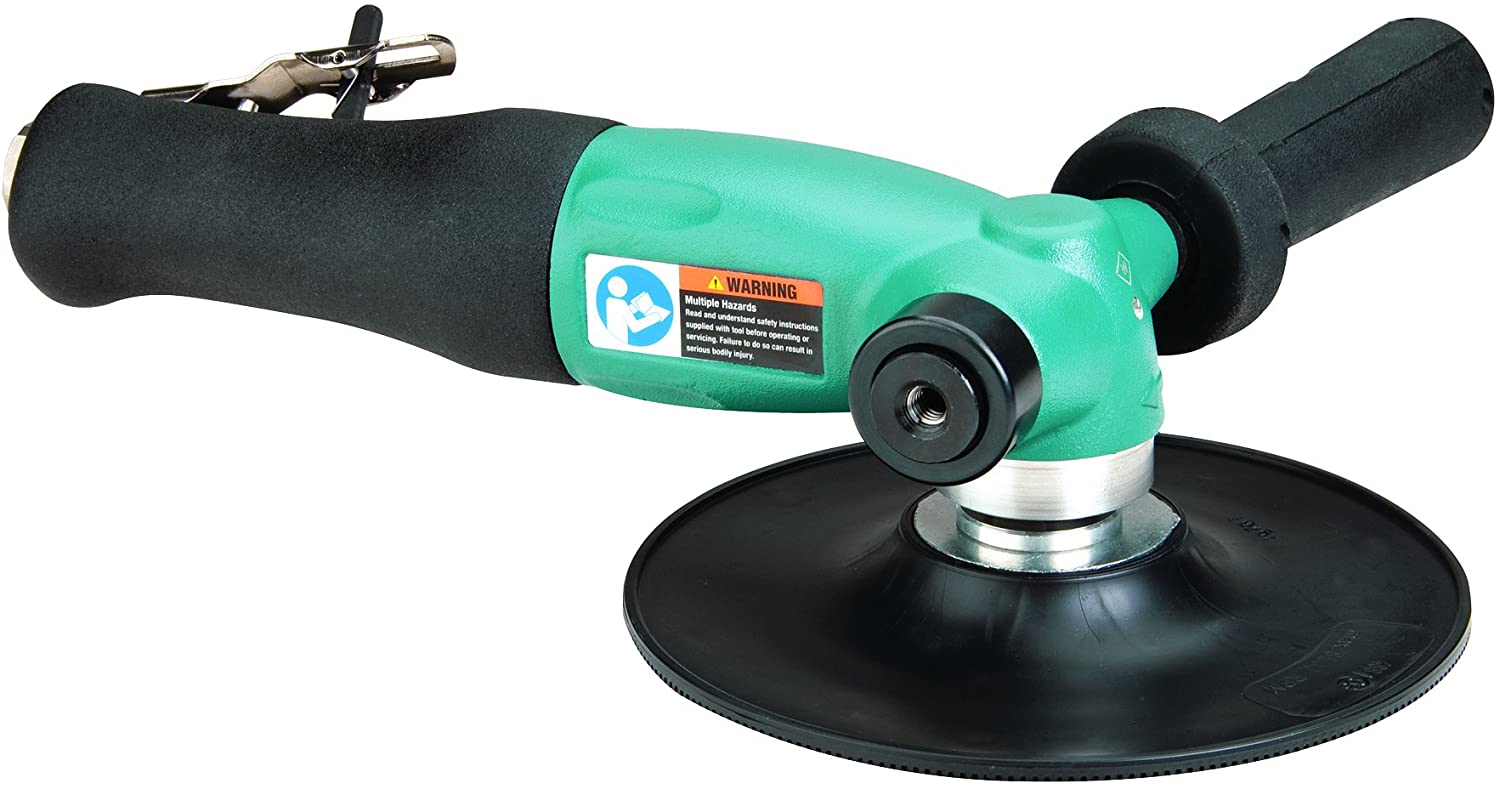15 Different Types of Sanders & Their Uses (with Pictures)
-
Ed Malaker
- Last updated:
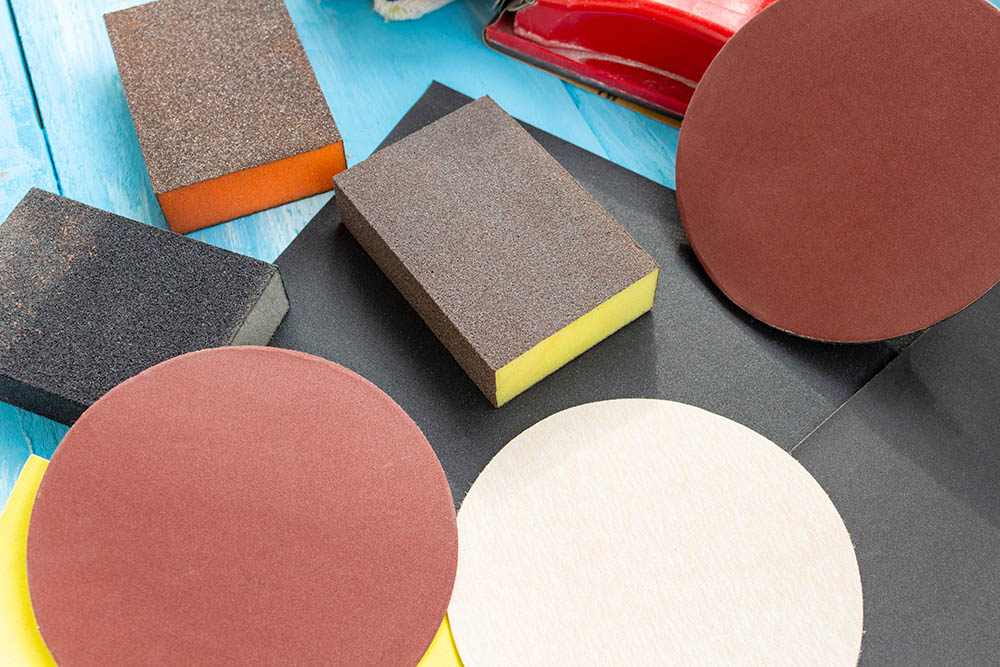

If you use raw materials like wood and metal to create different projects, you undoubtedly have plenty of experience with sanders. However, many people don’t realize how many different sanders there are and when to use each kind.
If you use sanders in your projects and want answers, keep reading while we look at the different kinds you can use to make your task much easier. We’ll provide you with a picture and a short description of each one so you can make an informed decision about the tools you need.
The 15 Types of Sanders
1. Sandpaper
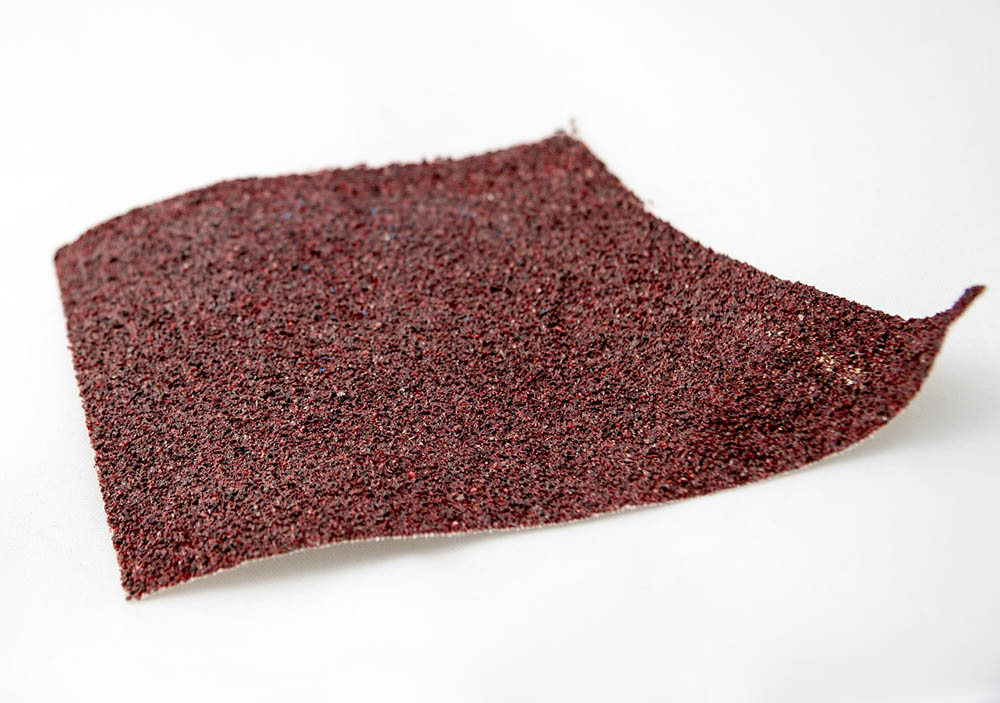
Sandpaper is one of the most common and easily recognizable types because it is easy to find and inexpensive to purchase. It is for hand sanding, usually detailing and polishing, but rougher grades are also available that can tackle tough jobs. However, the downside to sandpaper is that it wears out quickly, so you need to replace it frequently.
You purchase sandpaper according to grit—the higher the number, the finer the sand. Finer sandpaper is useful for polishing and detailed sanding, while lower numbers are better for rough work where you have to remove a lot of material.
2. Sanding Sticks
Sanding sticks look like long matchsticks, but they replace the match head with an abrasive surface that you can use for detailed sanding and for getting into difficult-to-reach places. You see sanding sticks more often in crafts, but they’re handy when you’re sanding a small area.
3. Sanding Block
A sanding block holds sandpaper to make sanding your surface easier. Sanding blocks come in all shapes and sizes, so it’s easy to find one that fits into your hand comfortably. You can replace your sandpaper and reuse the sanding block indefinitely. It’s portable and allows you to send a larger piece than you might have without one.
4. DIY Electric Toothbrush Sander
You can use strong glue to attach sandpaper to an old electric toothbrush to create a fine sander that works quite well. It only works on smaller projects and is better suited to crafts, but it’s hard to beat for sanding difficult-to-reach areas.
5. Bow Sander
The bow sander is another tool that you can use without power. As you may have guessed, it has the same shape as an archery bow, but instead of a string, it uses sandpaper. The advantage of the bow sander is that it allows you to keep constant pressure over a curved area.
Sanding the same area with ordinary sandpaper can lead to an uneven surface because of natural differences in pressure caused by the shape of your hand.
6. Air Sander
Air sanders look similar to the sanding block, but they use the power of compressed air to reduce the effort you need to put in. They come in many shapes and sizes and are often less expensive than powered models. If you already own a compressor for other jobs, the air sander is ideal for a long list of sanding jobs.
7. Palm Sander
The palm sander is one of the most popular types of electric sander that you can find. It fits perfectly in your palm for more control while you are working. Since they are so small, woodworkers usually use palm sanders for touch-up work and fine sanding.
It’s often one of the first sanders people buy because it’s reasonably priced, easy to find, and ideal for plenty of odd jobs around the home. Another nice feature is that it is easy to change the paper. Most brands use a Velcro-style system that doesn’t require any tools.
Related Read: 5 Best Palm Sanders – Reviews & Top Picks
8. Orbital Sander
An orbital sander is essentially a large palm sander, and many people use the names interchangeably. However, we find it easier to separate them into two categories; smaller palm sanders are good for detail work, and larger orbital sanders are perfect for removing material and smoothing a rough surface.
9. Detail Sander
The detail sander is another small device to use just before applying a finish. It looks and operates similarly to the orbital sander but usually has a triangle pad to target more specific areas of your project.
10. Disk Sander
The disk sander is quite popular in the workshop due to its high power and relatively small footprint. It’s very similar in size and shape to a grinding wheel but uses replaceable sandpaper pads to get the job done.
Since it has a fixed position, you are free to use both hands to control your project, giving you improved accuracy, but with the relatively small surface area of the disk, it can be a problematic tool to use for larger projects.
11. Belt Sander
The belt sander is another popular tool in the woodshop because it’s easy to use and only takes up a small space. As the name suggests, the belt sander uses a long circular belt with abrasive material on one side to sand your project. A motor spins the belt at high speed to quickly remove material, and you can select any grit to use on your machine.
12. File Sander
The file sander is another detailing sander similar to the belt sander. It almost resembles an electric knife except for the belt sander that replaces the blades. Like the sanding sticks and DIY toothbrush sander, file sanders excel at getting into hard-to-reach places.
13. Oscillating Sander
Oscillating sanders are another tool that you use when you need to do detailed work. These small, handheld tools are similar to a drill but have sandpaper or sanding bits instead of the drill bit. While you can only use them to work on a small area at a time, they are surprisingly versatile, and the oscillating sander will likely become one of your go-to tools.
14. Spindle Sander
The spindle sander is another small sander with a rotating edge that you can use for detailed work. However, instead of being a handheld unit like the oscillating sander we just looked at, you attach this model to a table to remain stable while you work.
Some woodworkers prefer to handle the object being sanded instead of the sander. The only downside of the spindle sander is that it can take up permanent space on your workbench.
15. Right-Angle Disc Sander
Right-angle disk sanders are handheld tools with a long horizontal body that helps the woodworker get more leverage. They have plenty of power and might even be too powerful for the casual DIY woodworker.
However, once you get the hang of them, the right-angle disc sander is a versatile tool with several uses in the workshop and the home. Since they’re so powerful, they are often much more expensive than many other sanding tools on this list.
Conclusion
If you are just beginning to set up your workshop, we highly recommend getting a large supply of sandpaper, as you will use it quickly. As your budget allows, we recommend purchasing a palm or orbital sander to handle most of your work and take care of odd jobs around the house, followed by the disk sander and belt sander. Once you have these tools, you can decide if you need detailing sanders like the sanding sticks or the file sander. Happy sanding!
See Also:
Featured Image Credit: Vitalis83, Shutterstock
Contents

